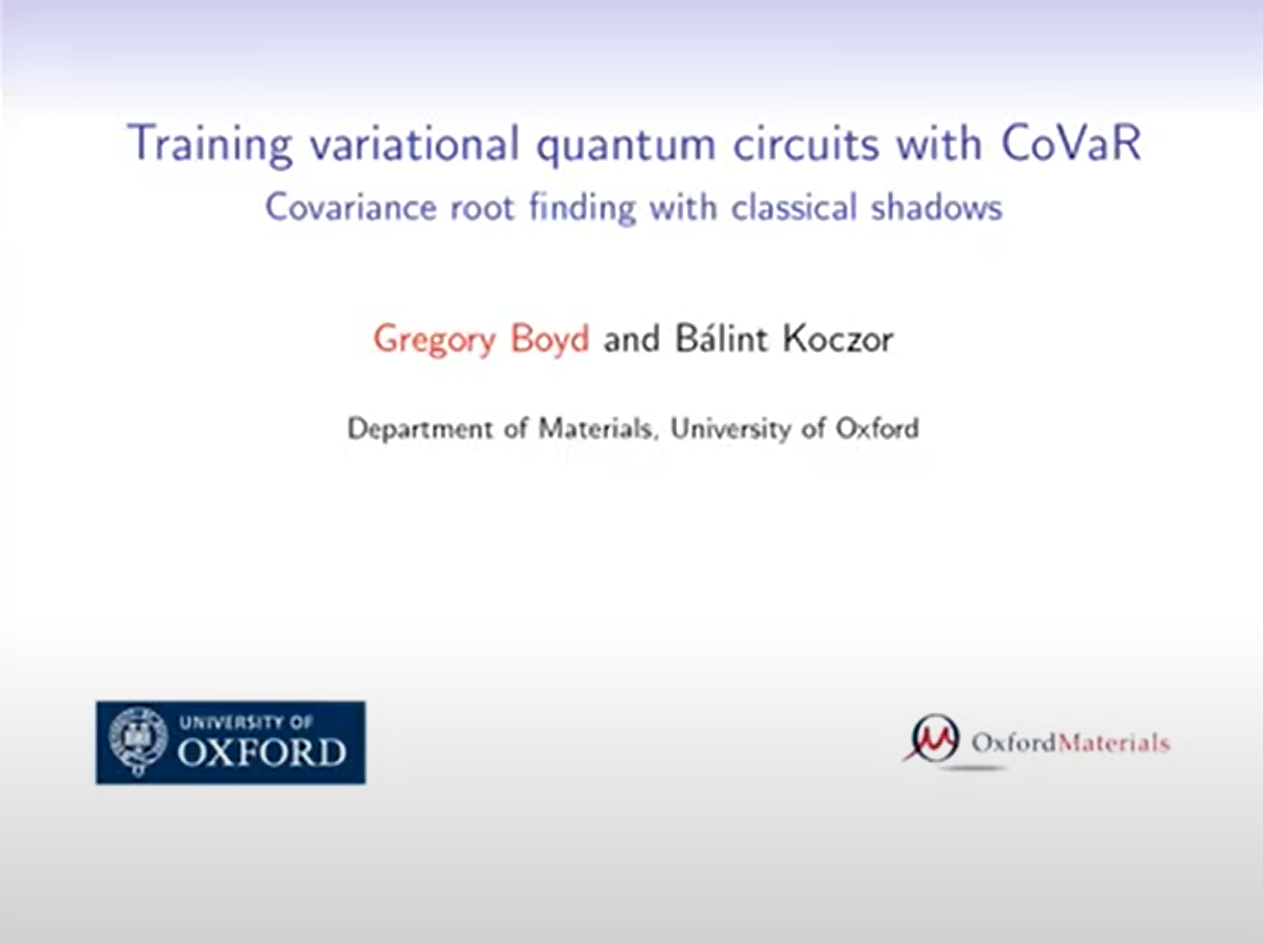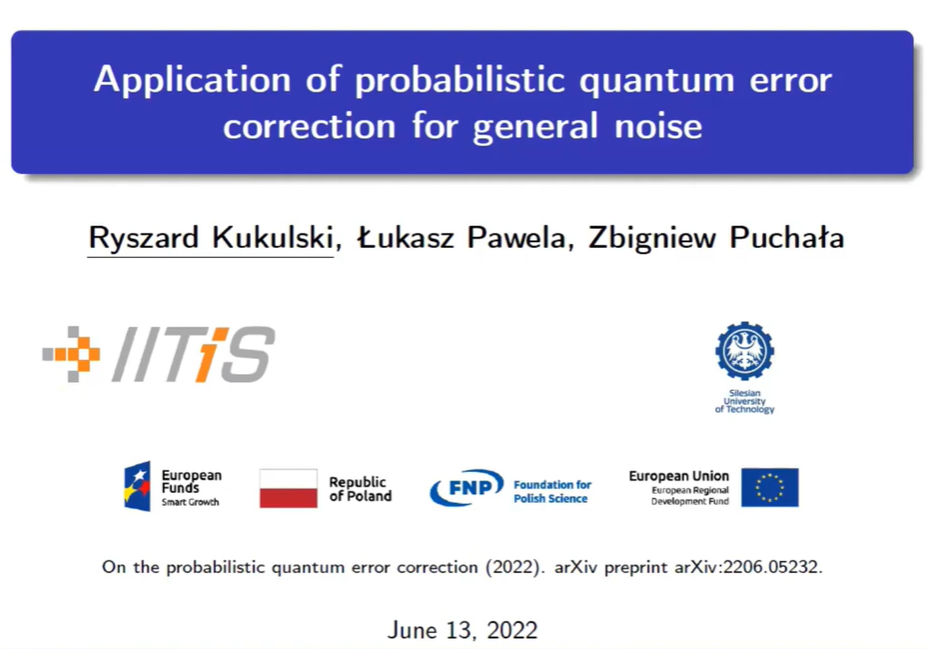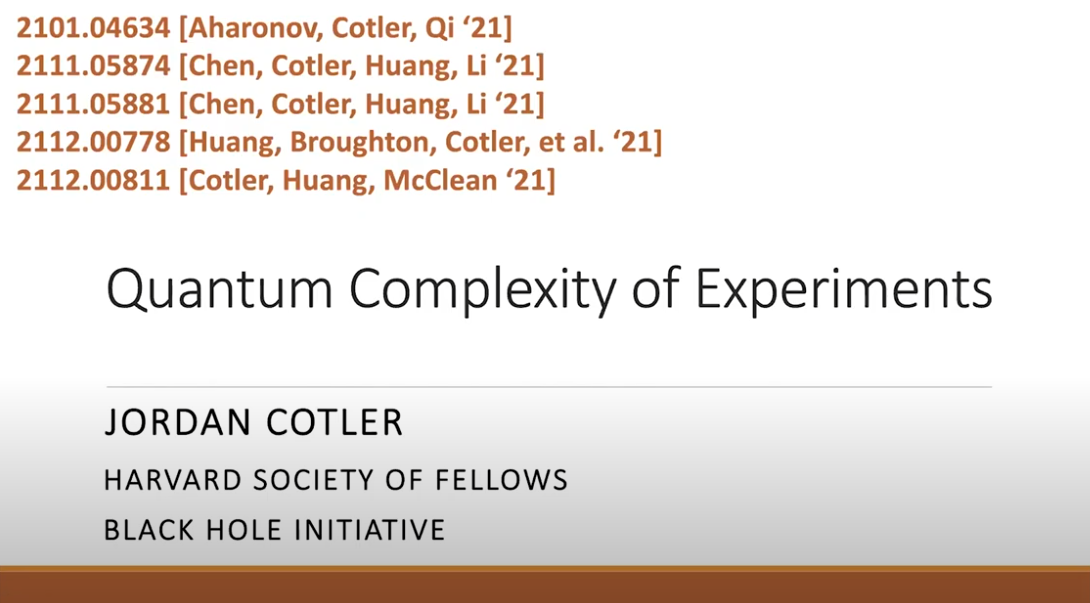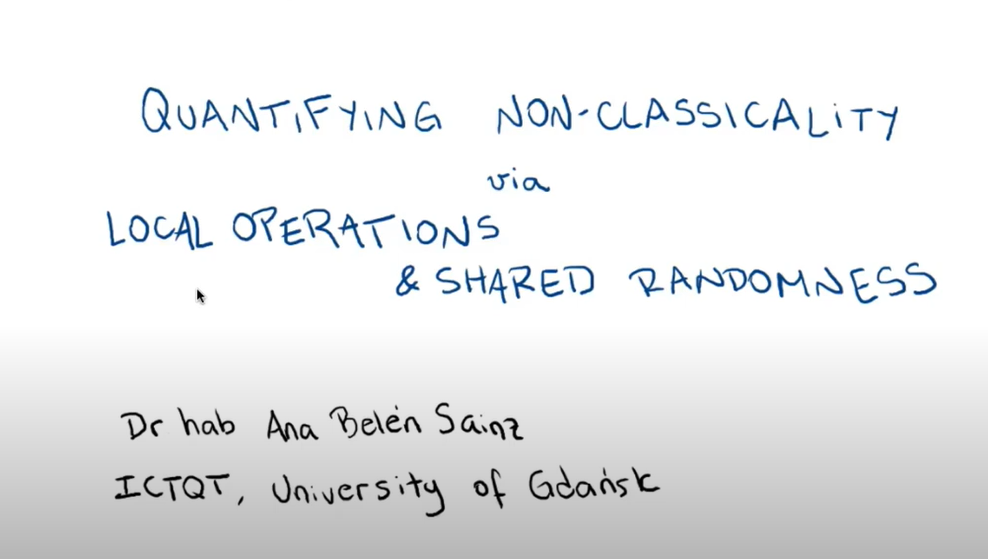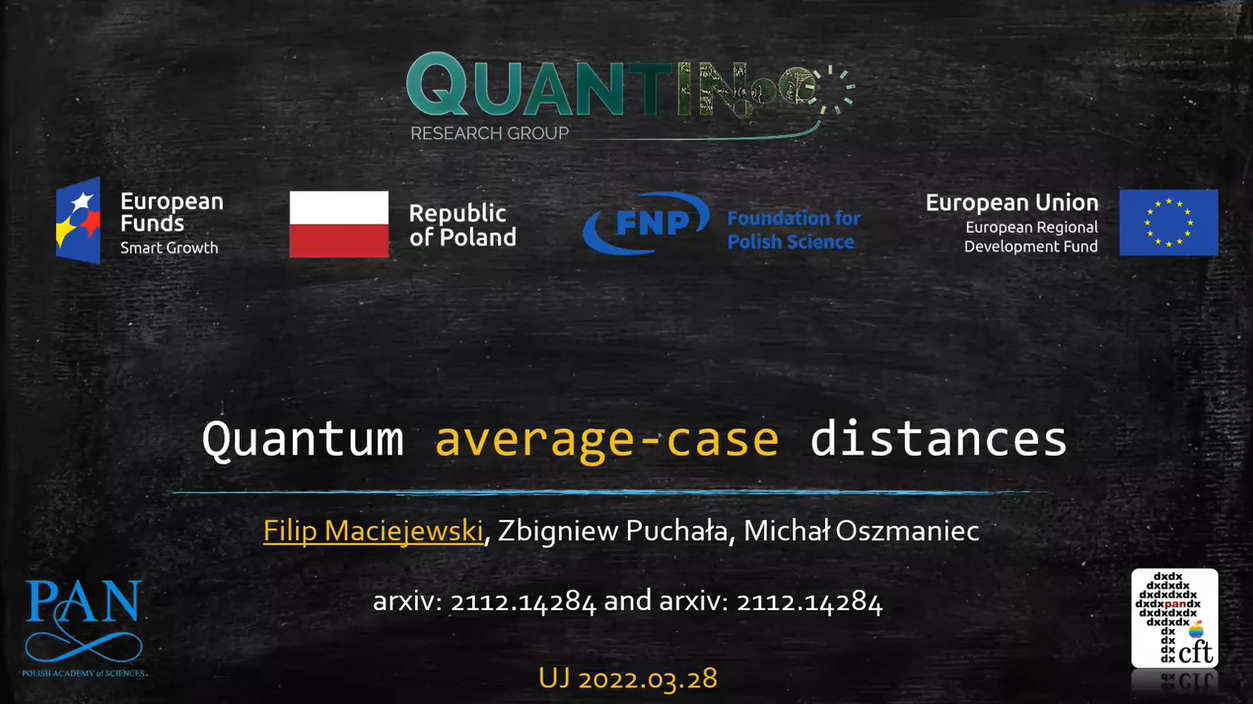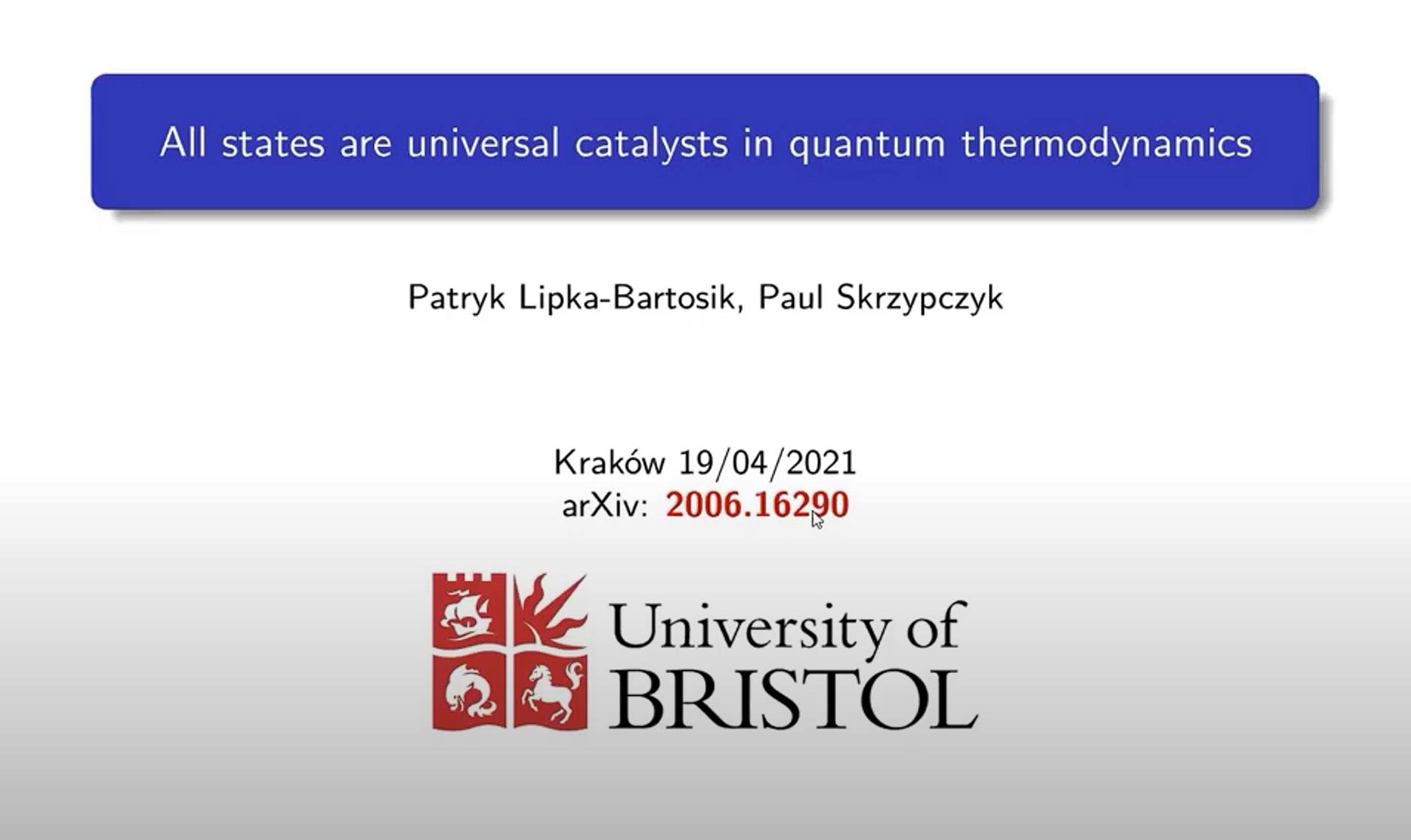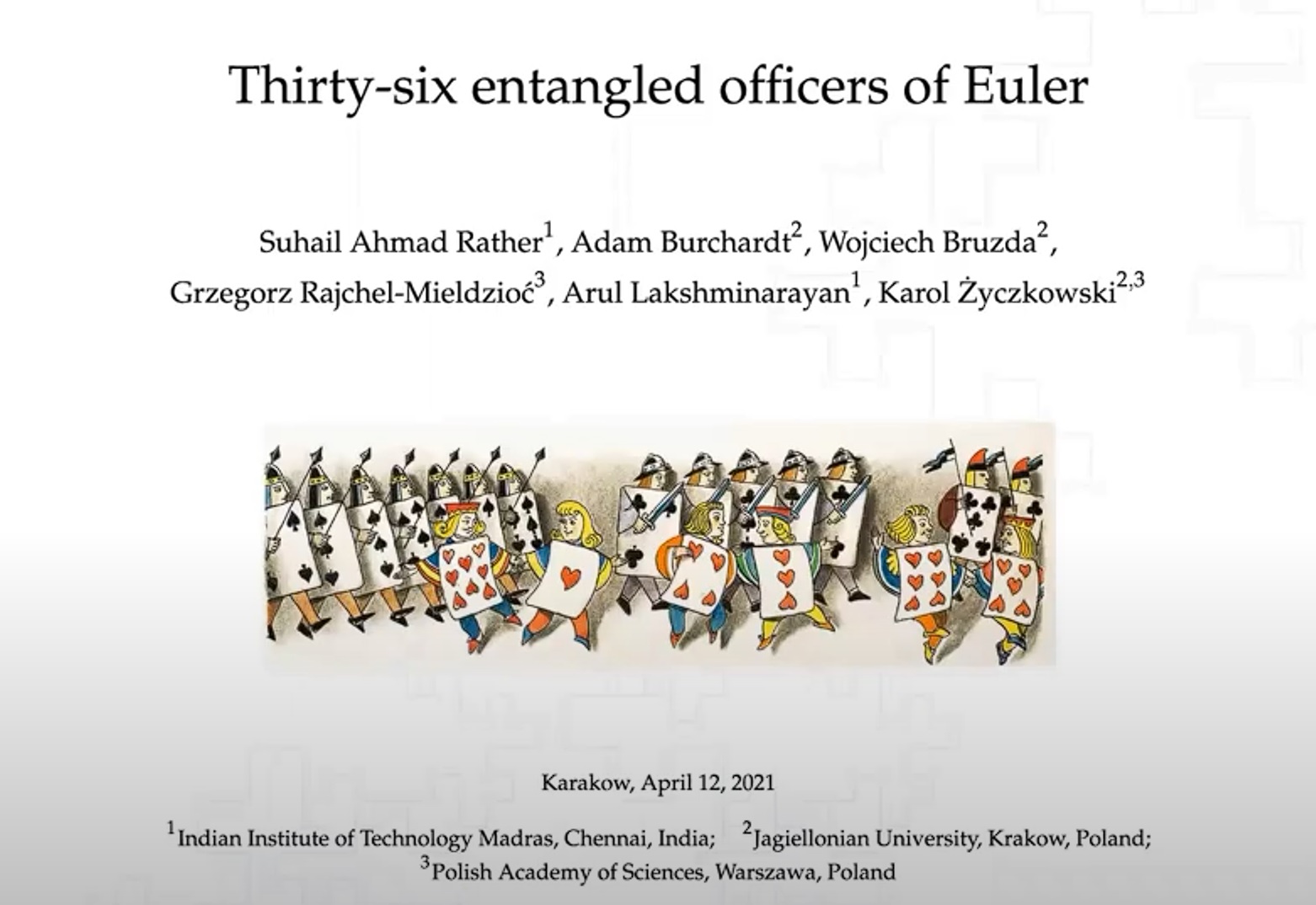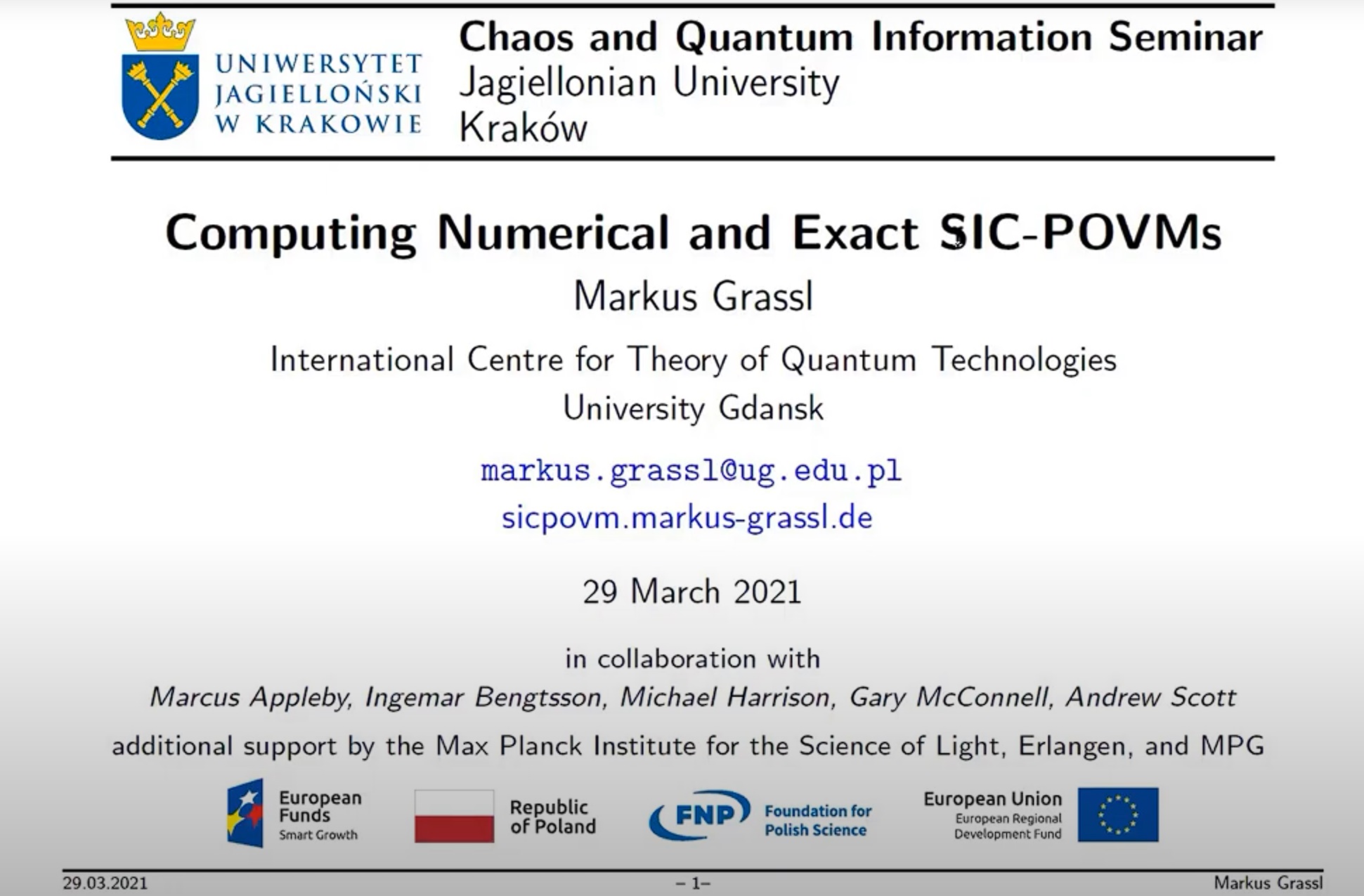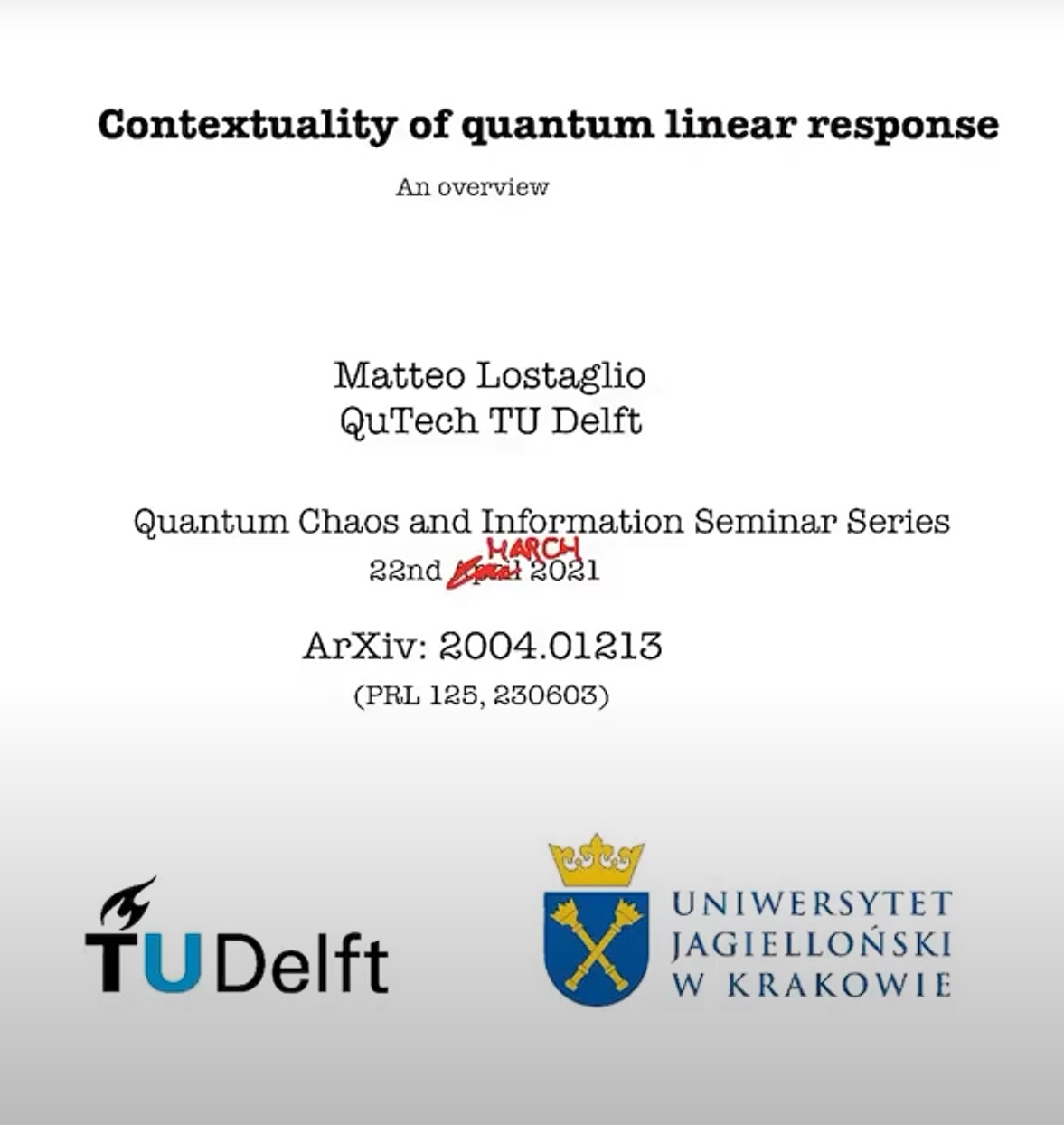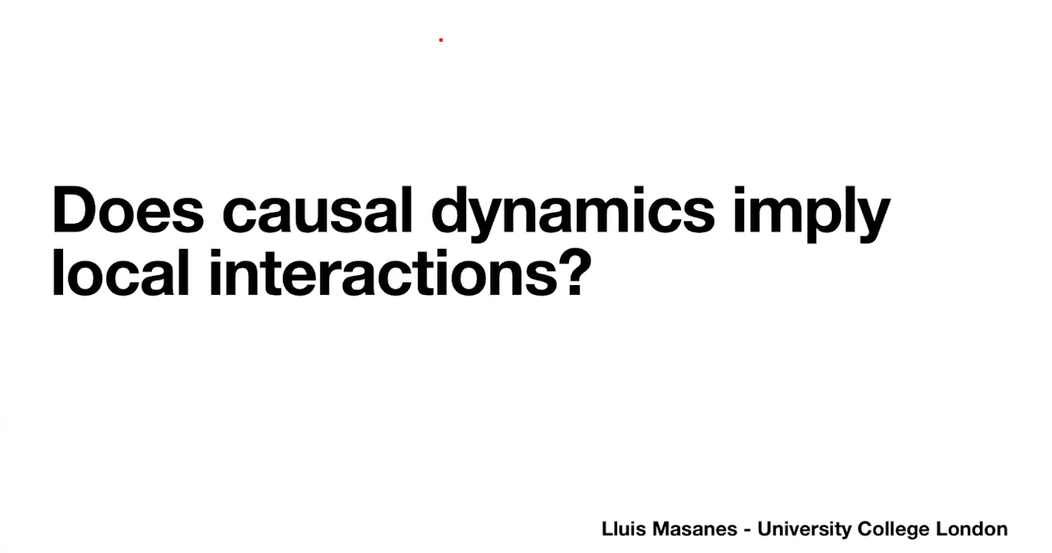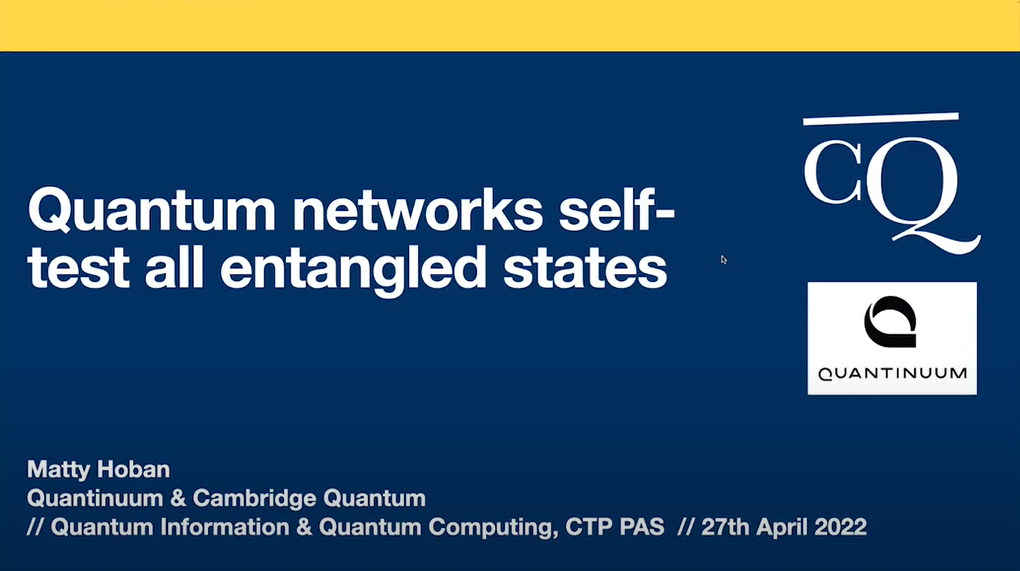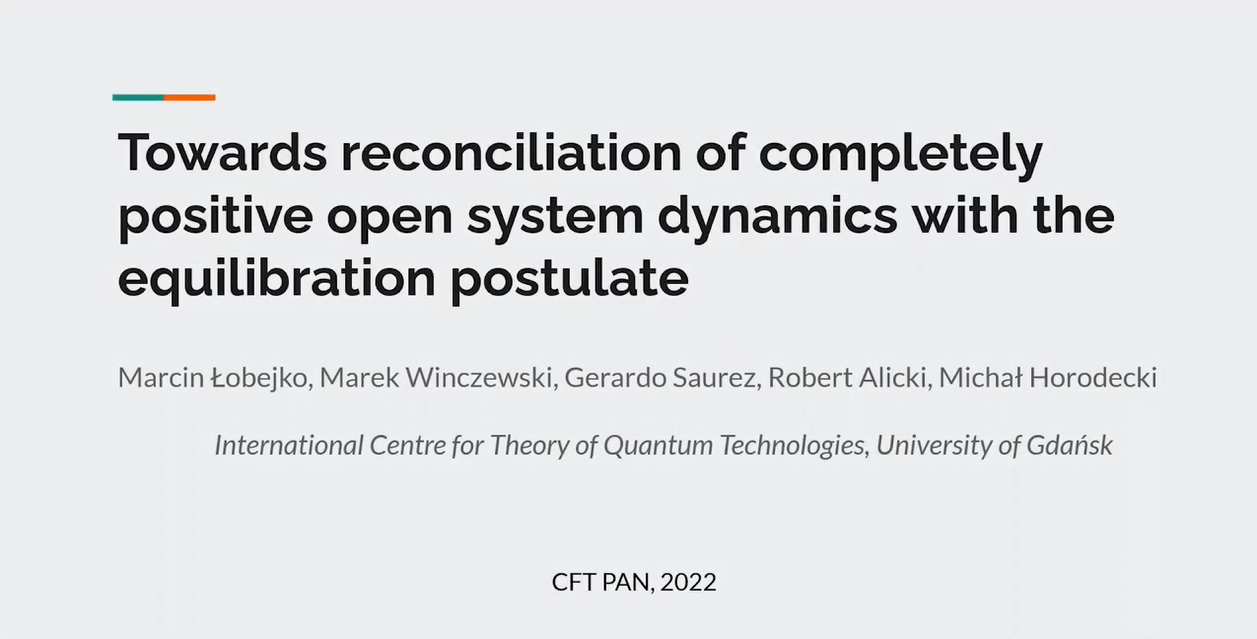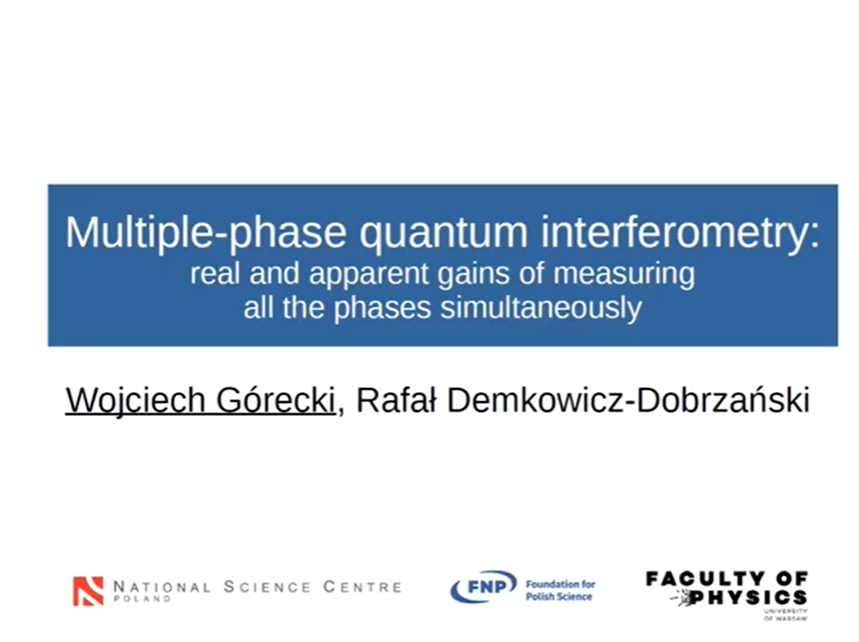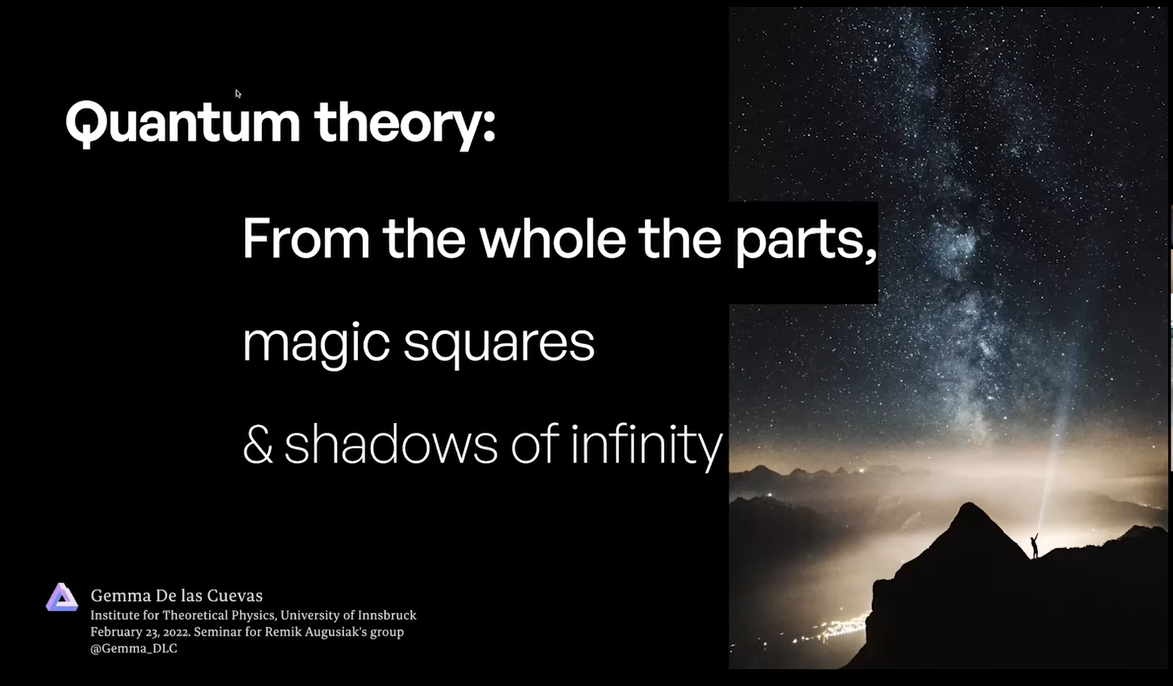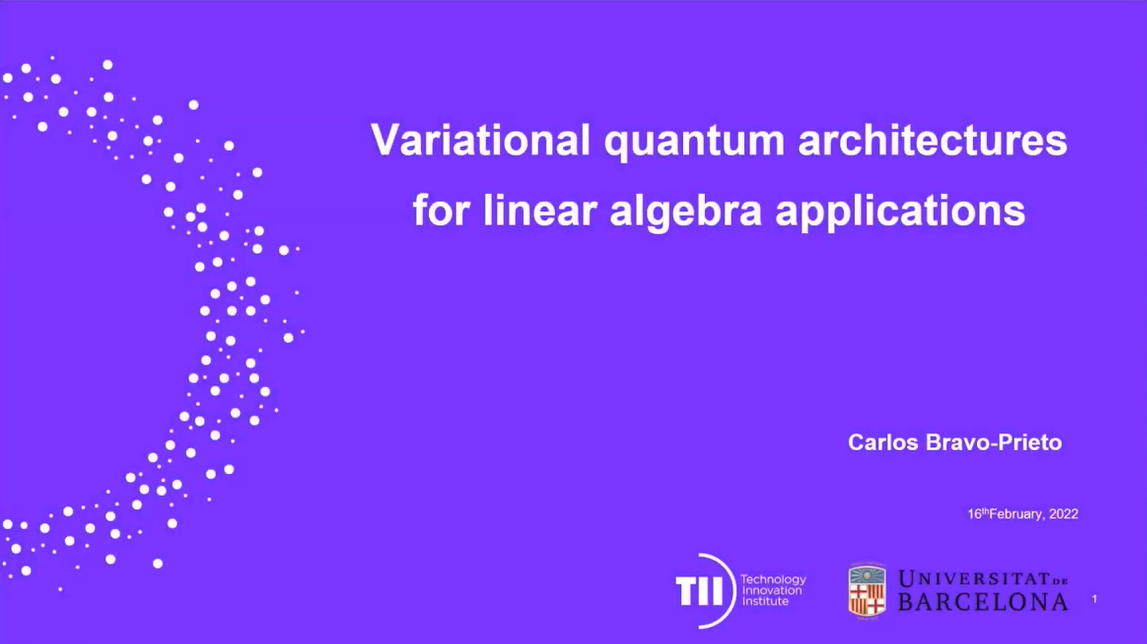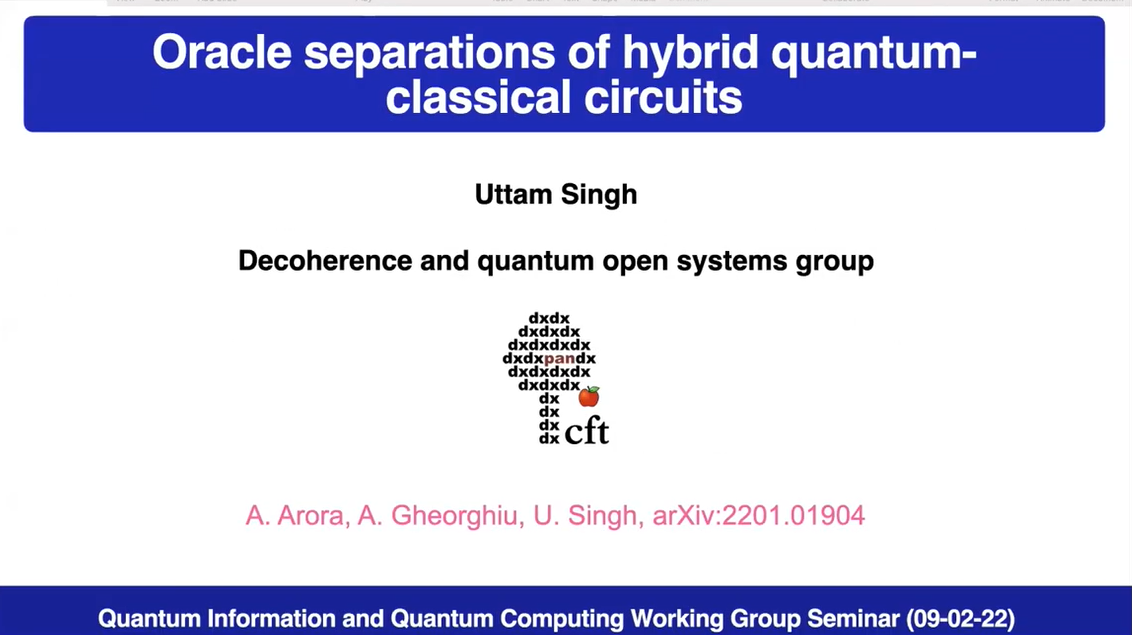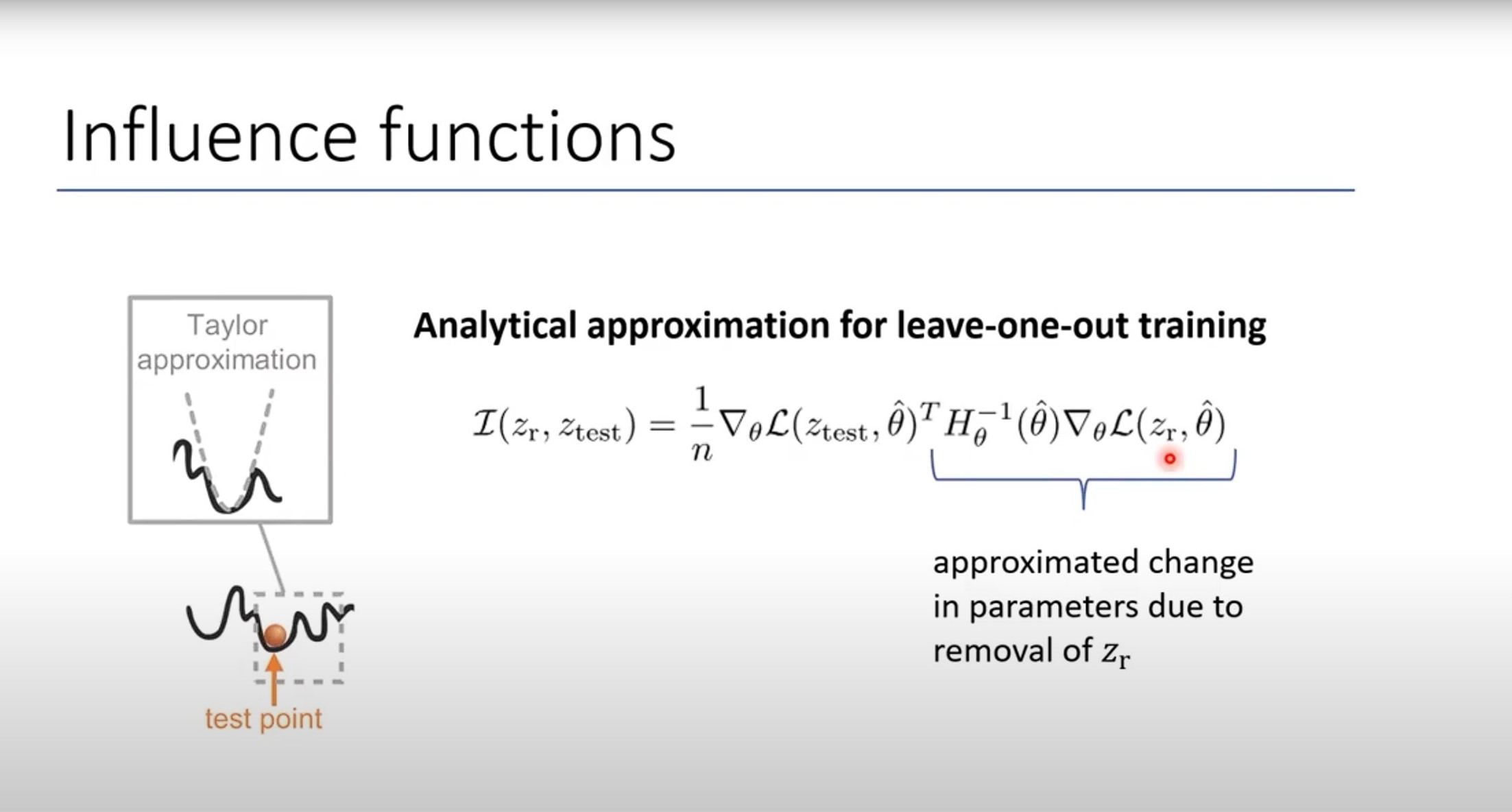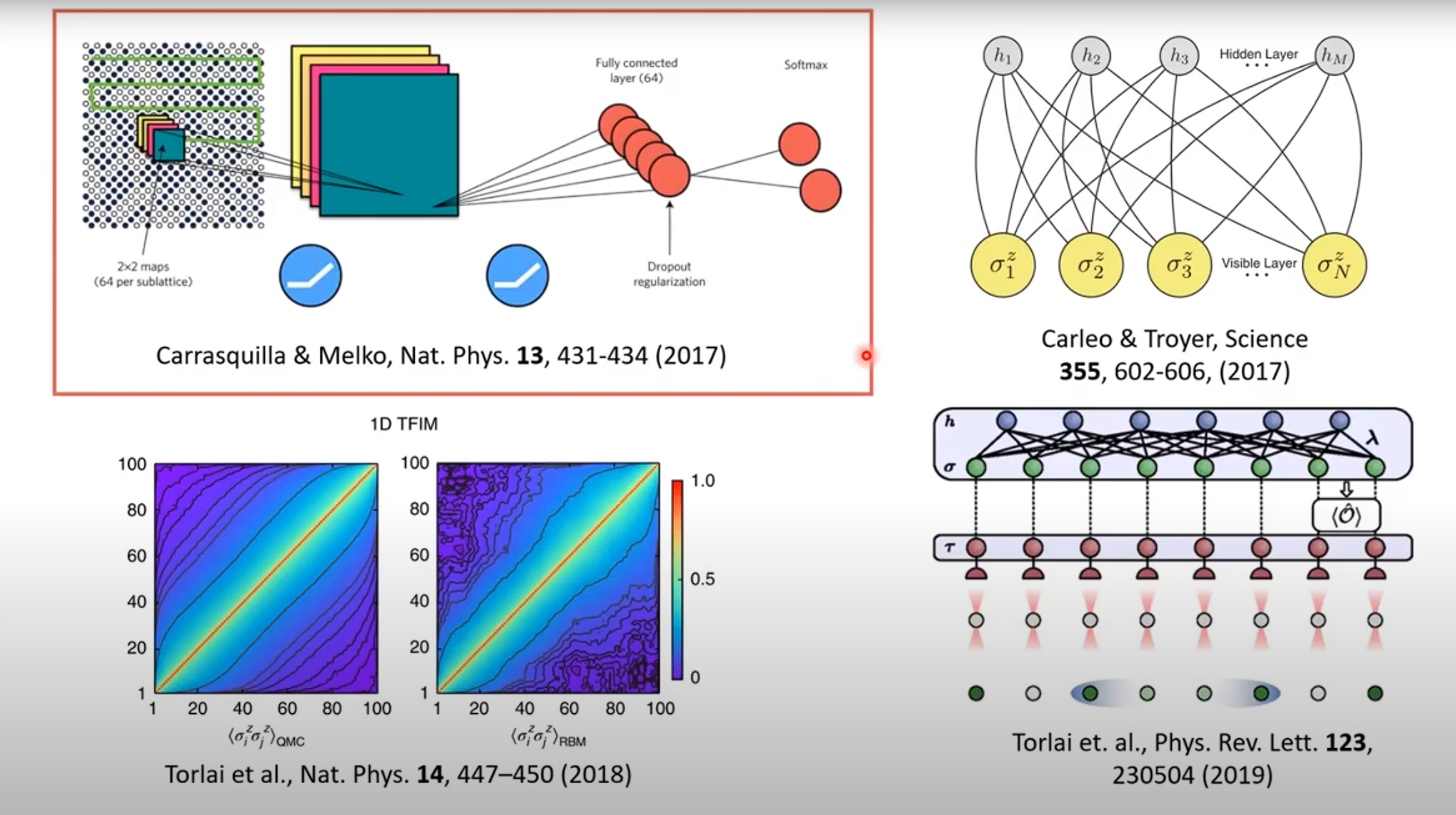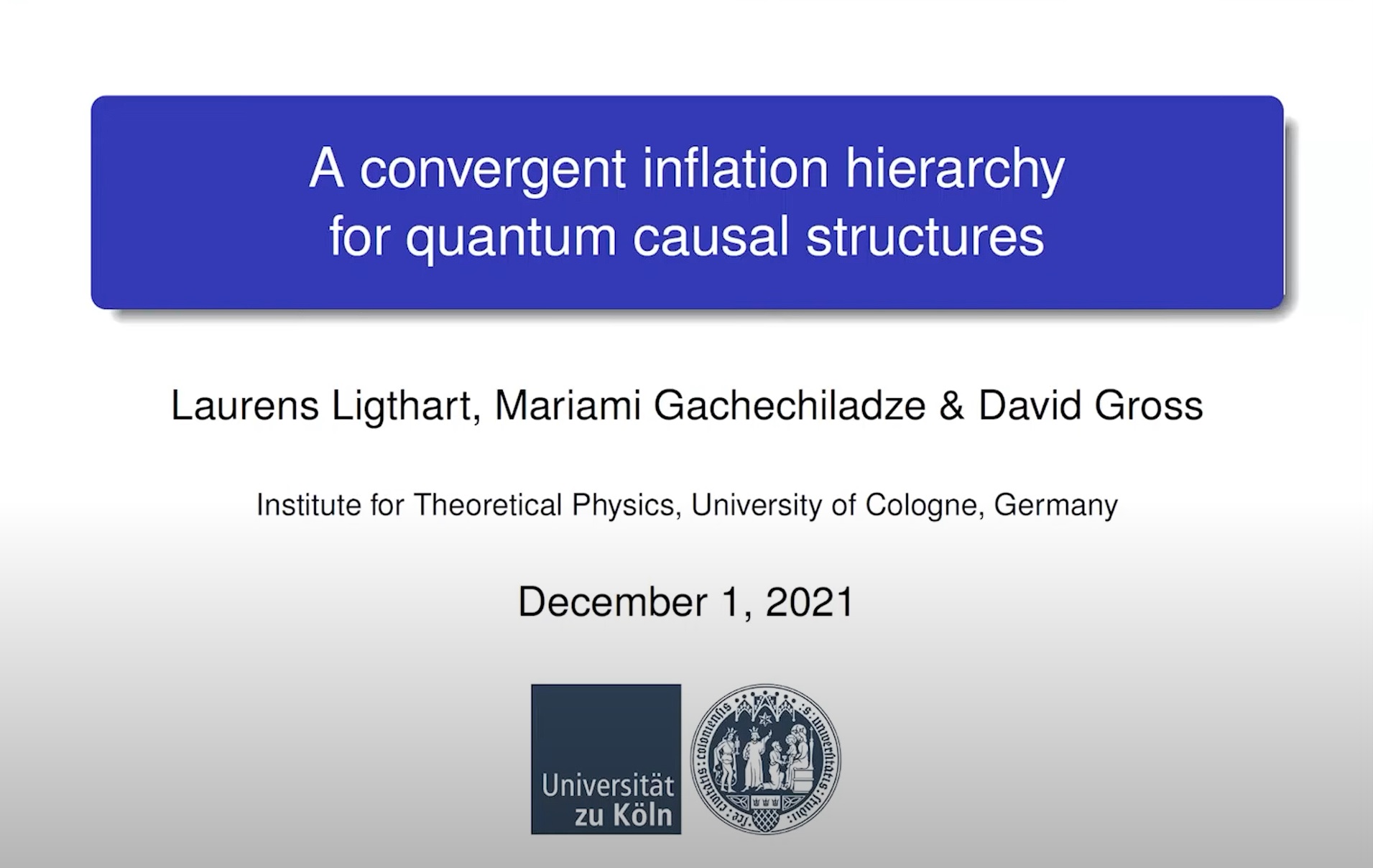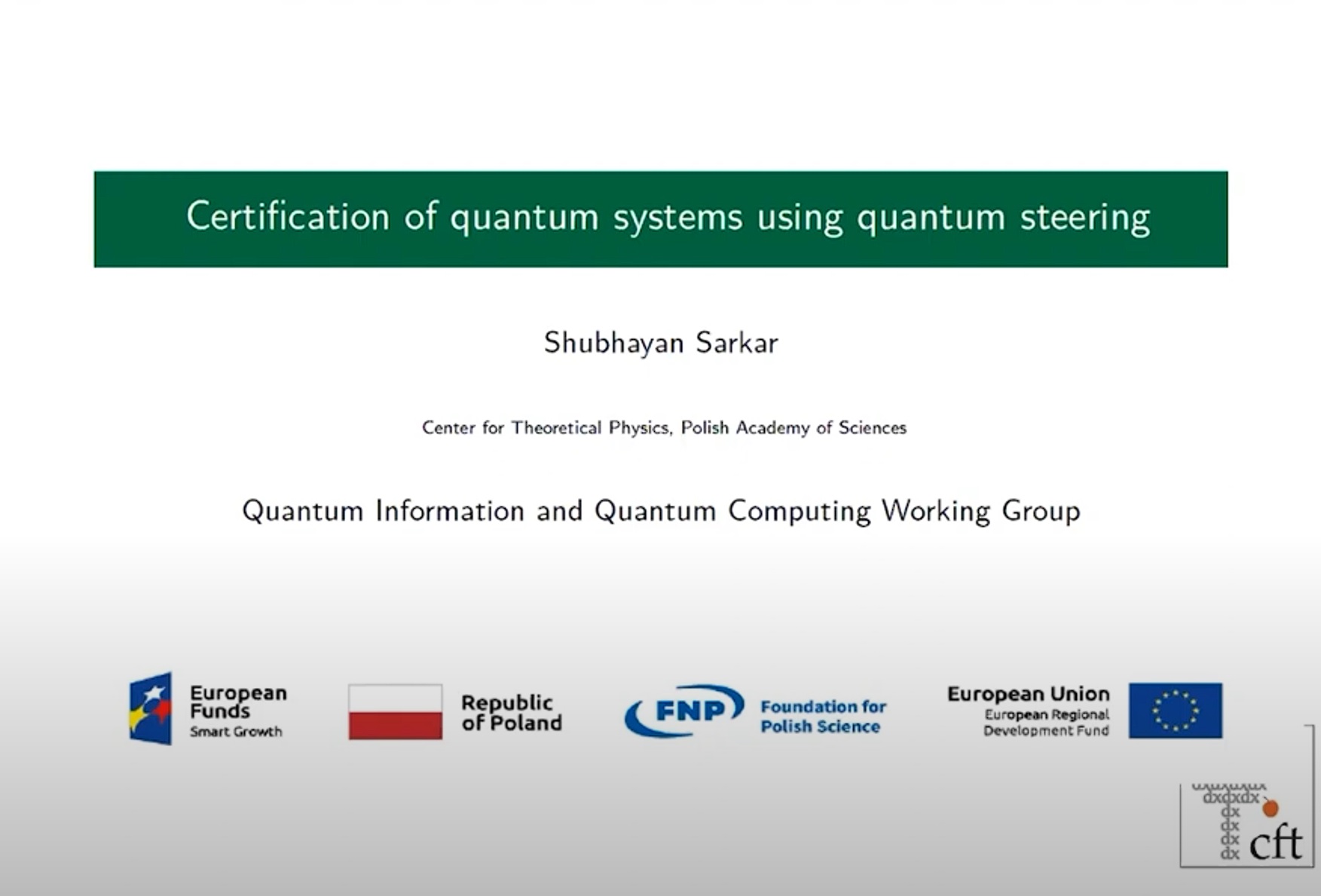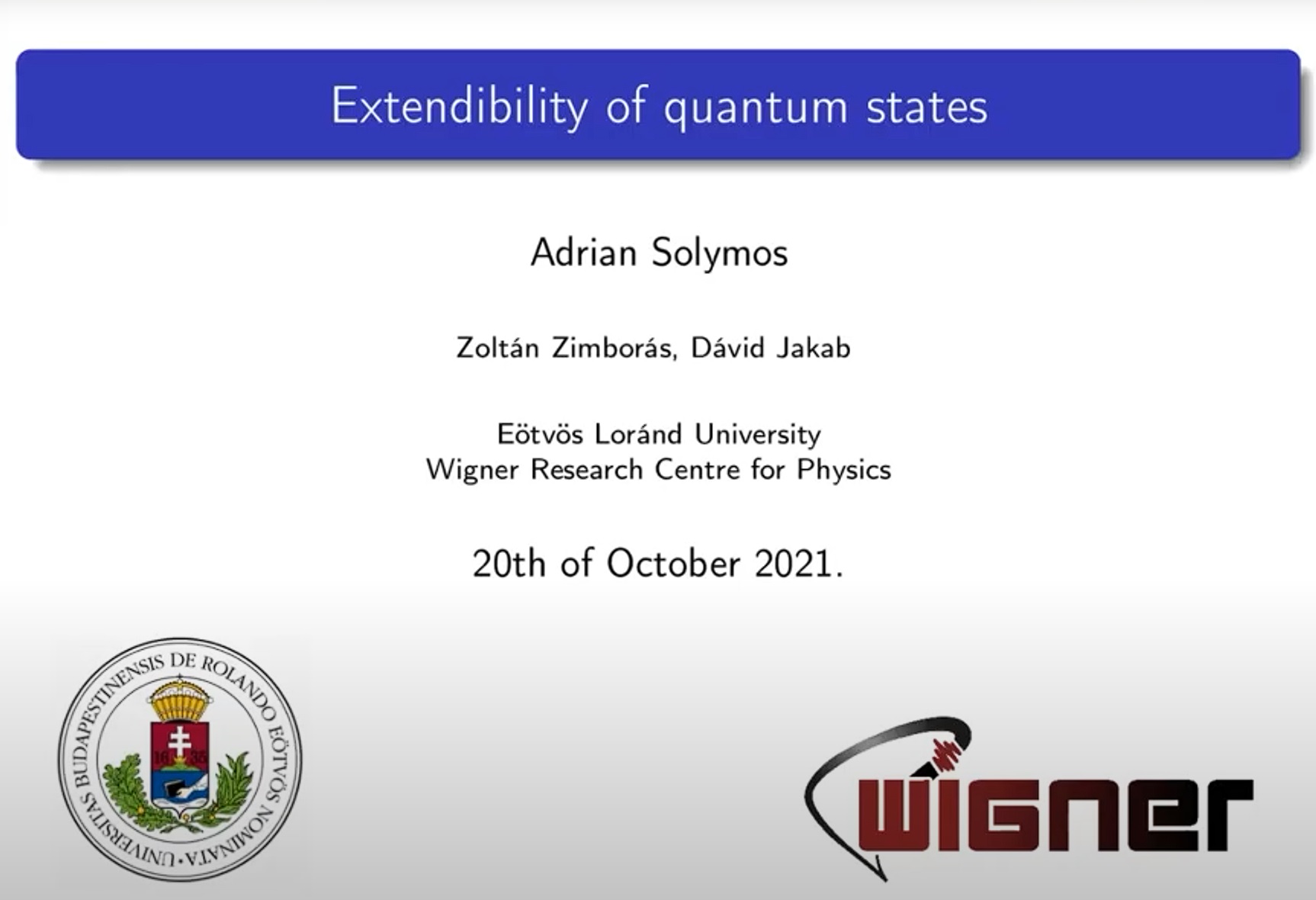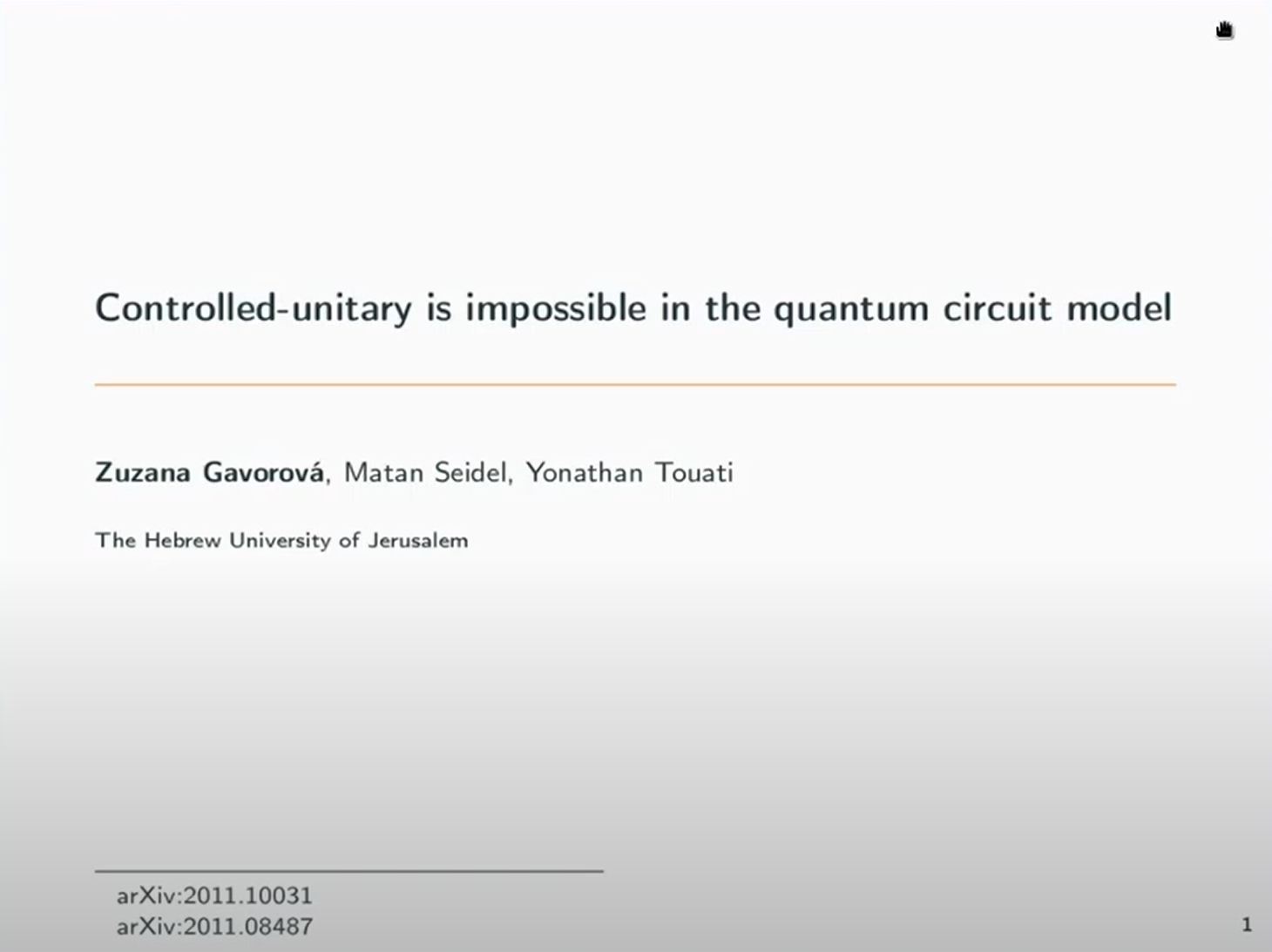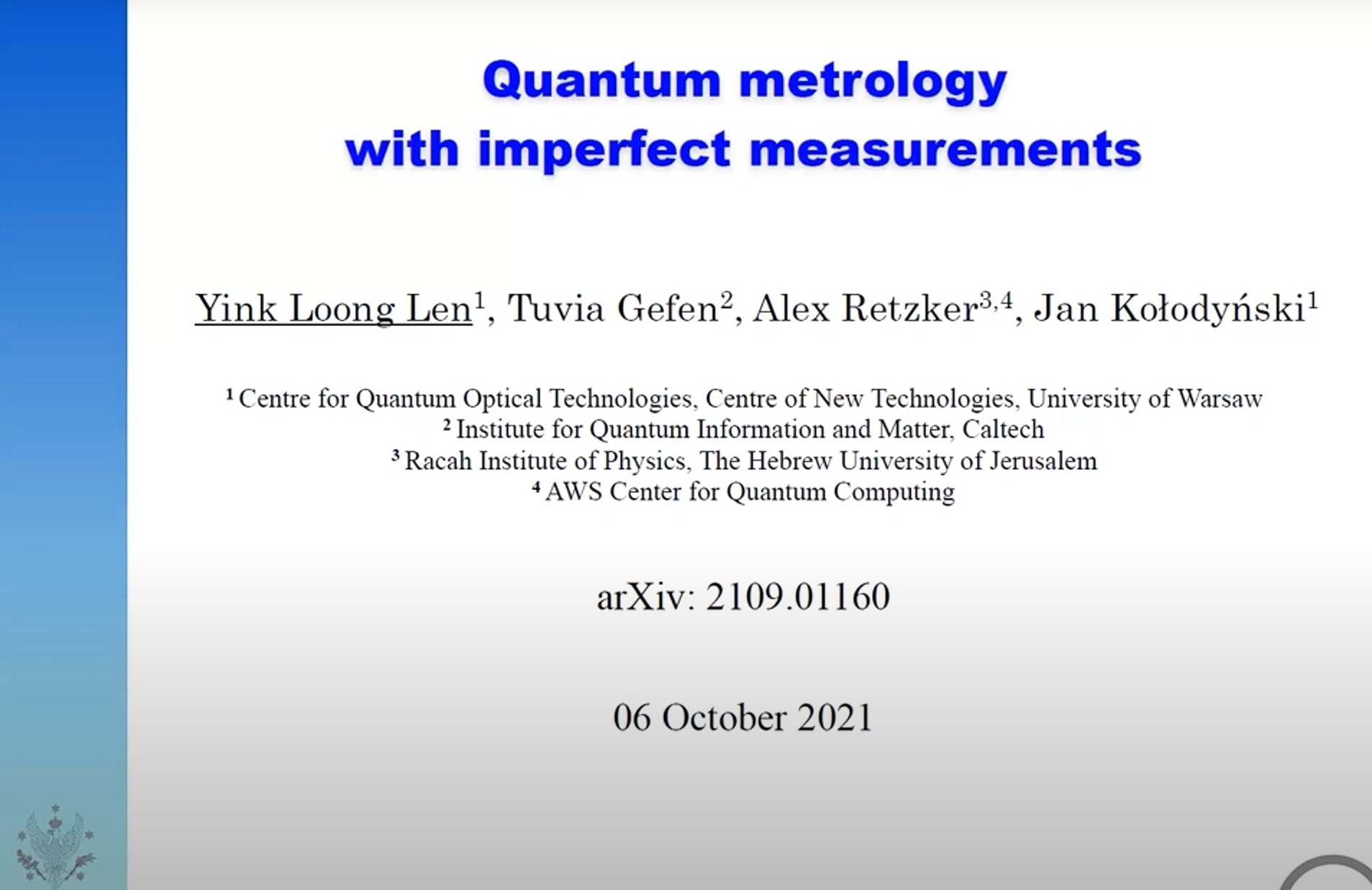Gabriel Landi (University of São Paulo): Quantum Bayesian Networks: experimental determination and applications in quantum thermodynamics
Chaos and quantum chaos seminar at the Institute of Physics, Jagiellonian University.
Quantum Bayesian Networks (QBNs) provide a method for obtaining the statistics of multipoint quantities in quantum coherent systems, while avoiding the measurement backaction. These quantities play a particularly important role in quantum thermodynamics, since concepts such as heat and work do not depend on the state of a system, but rather on the process it undergoes. Although QBNs cannot be directly measured from a single experiment, in this talk we show how they can be recovered from experiments on identical copies of a system, via measurement post-selection. The potential applications of this tool to quantum thermodynamics are also discussed. In particular, we report on a recent experiment which uses QBNs for determining the full statistics of the heat exchanged between two quantum correlated bodies.
Other seminars

Giulio Chiribella (University of Hong Kong): Optimal programming of quantum gates - Duplicate27-06-2022
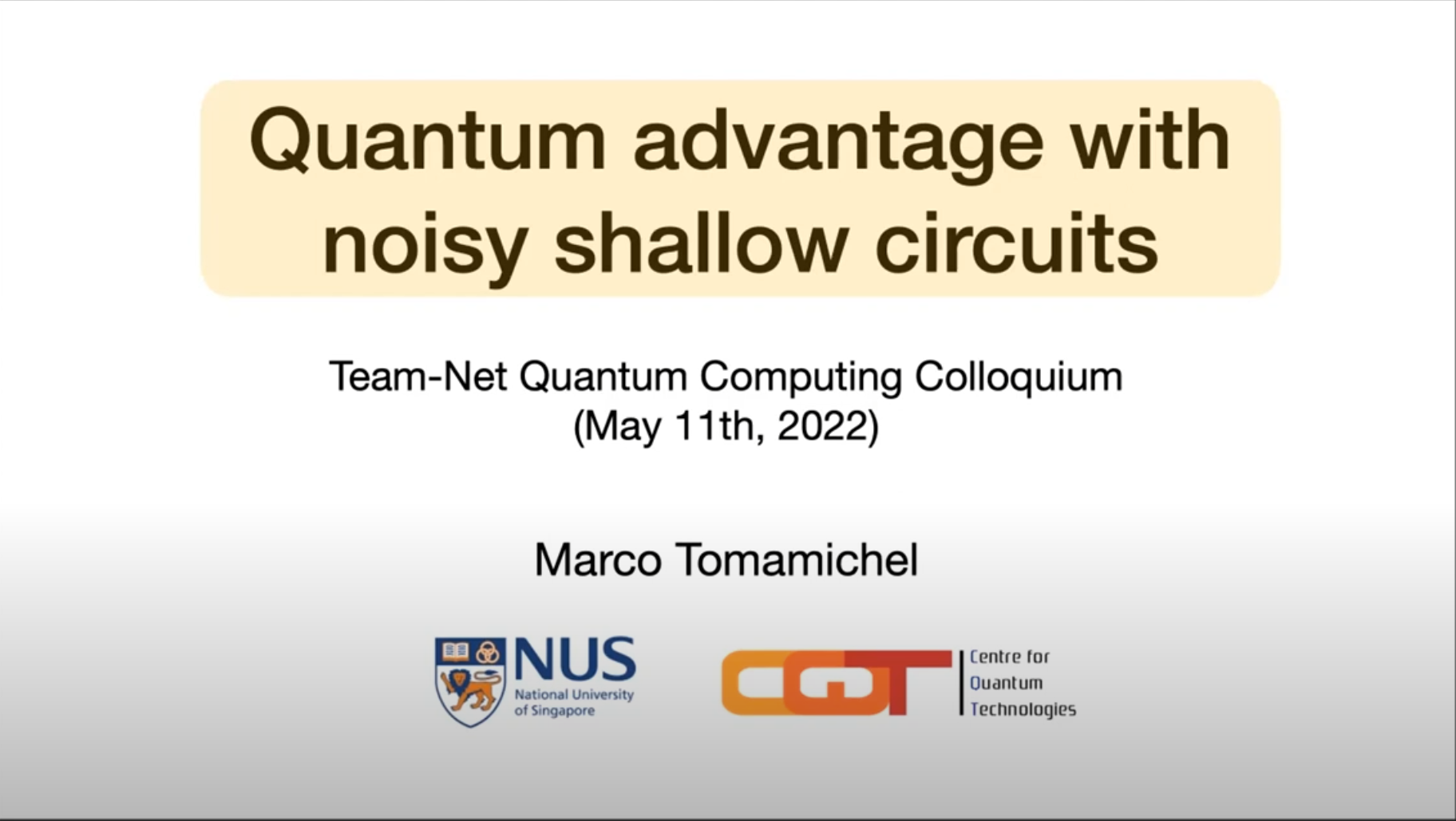
Marco Tomamichel (National University of Singapore): Quantum advantage with noisy shallow circuits17-05-2022
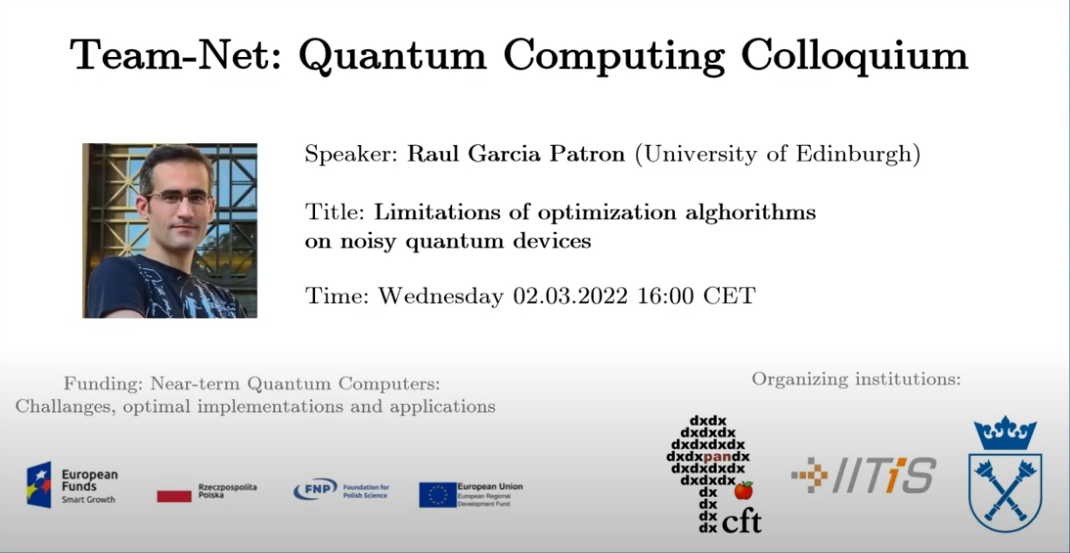
R. Patron (University of Edinburgh): Limitations of optimization algorithms on noisy quantum devices02-03-2022
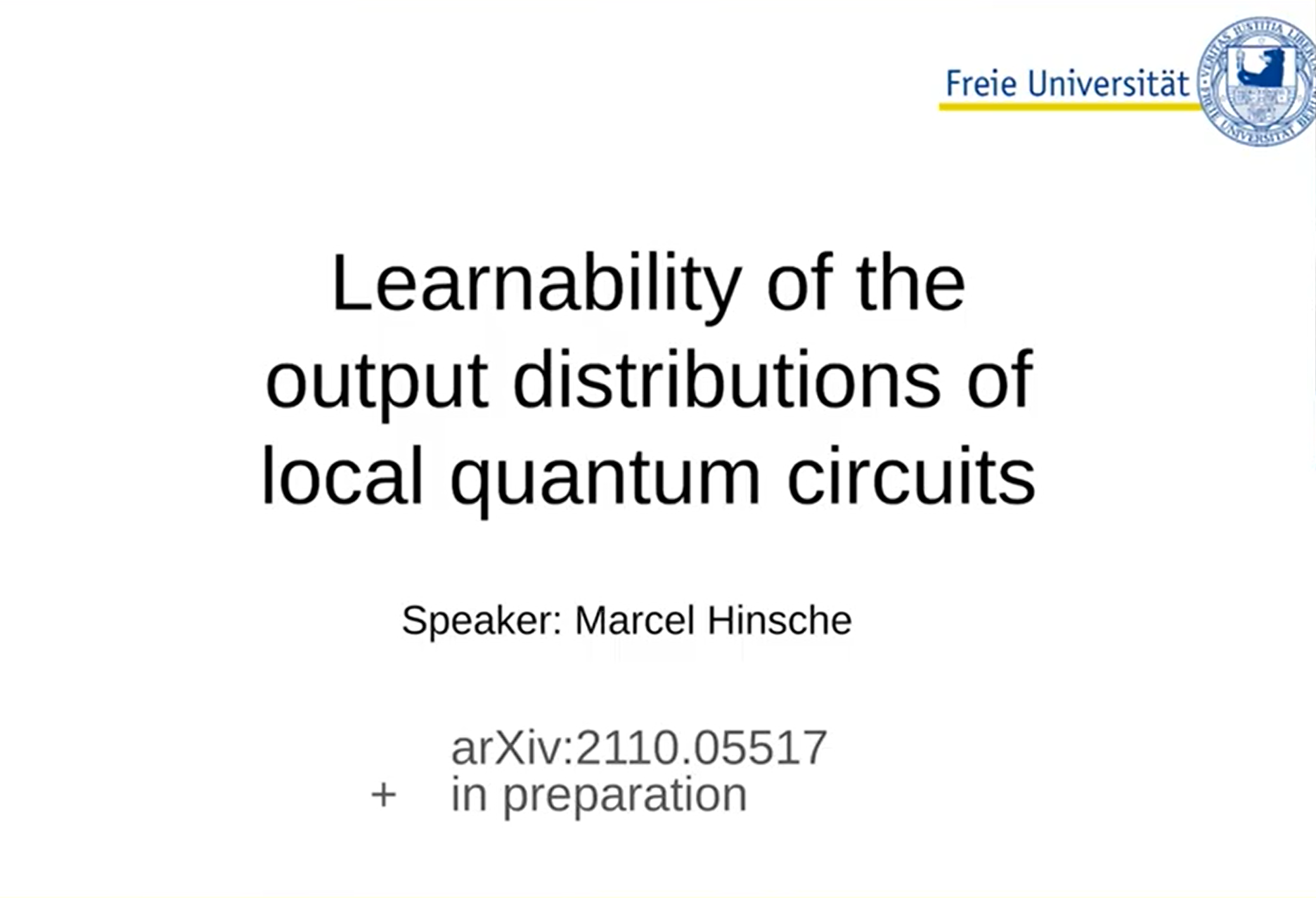
Marcel Hinsche (FU Berlin): Learnability of the output distributions of local quantum circuits25.05.2022
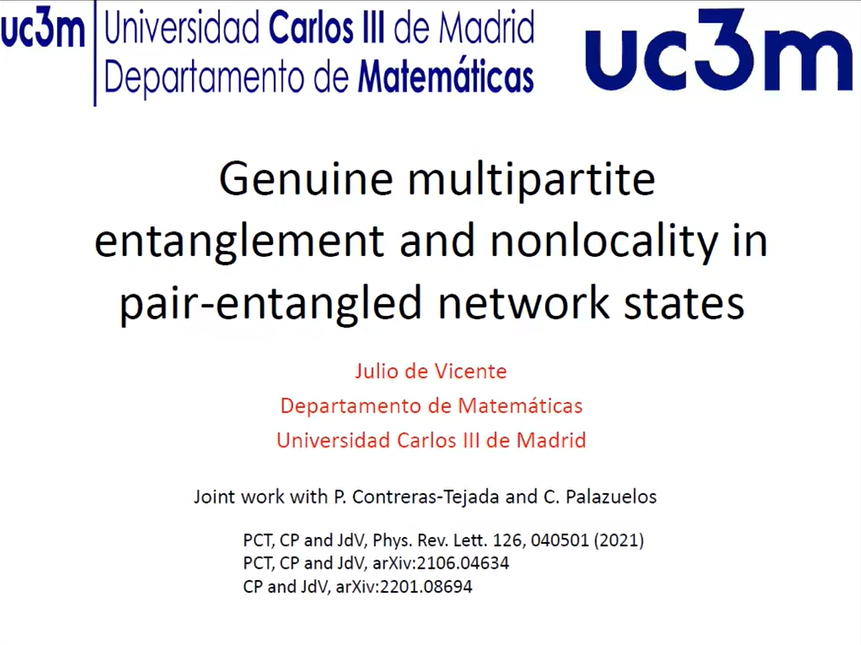
Julio de Vicente: Genuine multipartite entanglement and nonlocality in pair-entangled network states20.04.2022
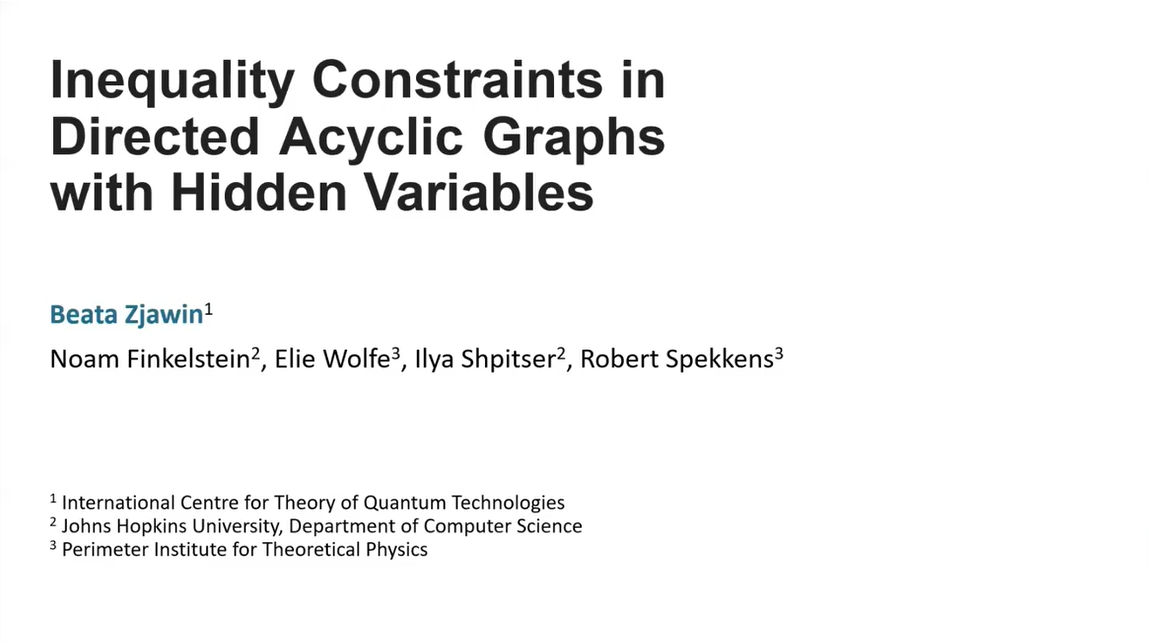
Beata Zjawin (ICTQT): Inequality Constraints in Directed Acyclic Graphs with Hidden Variables02.02.2022
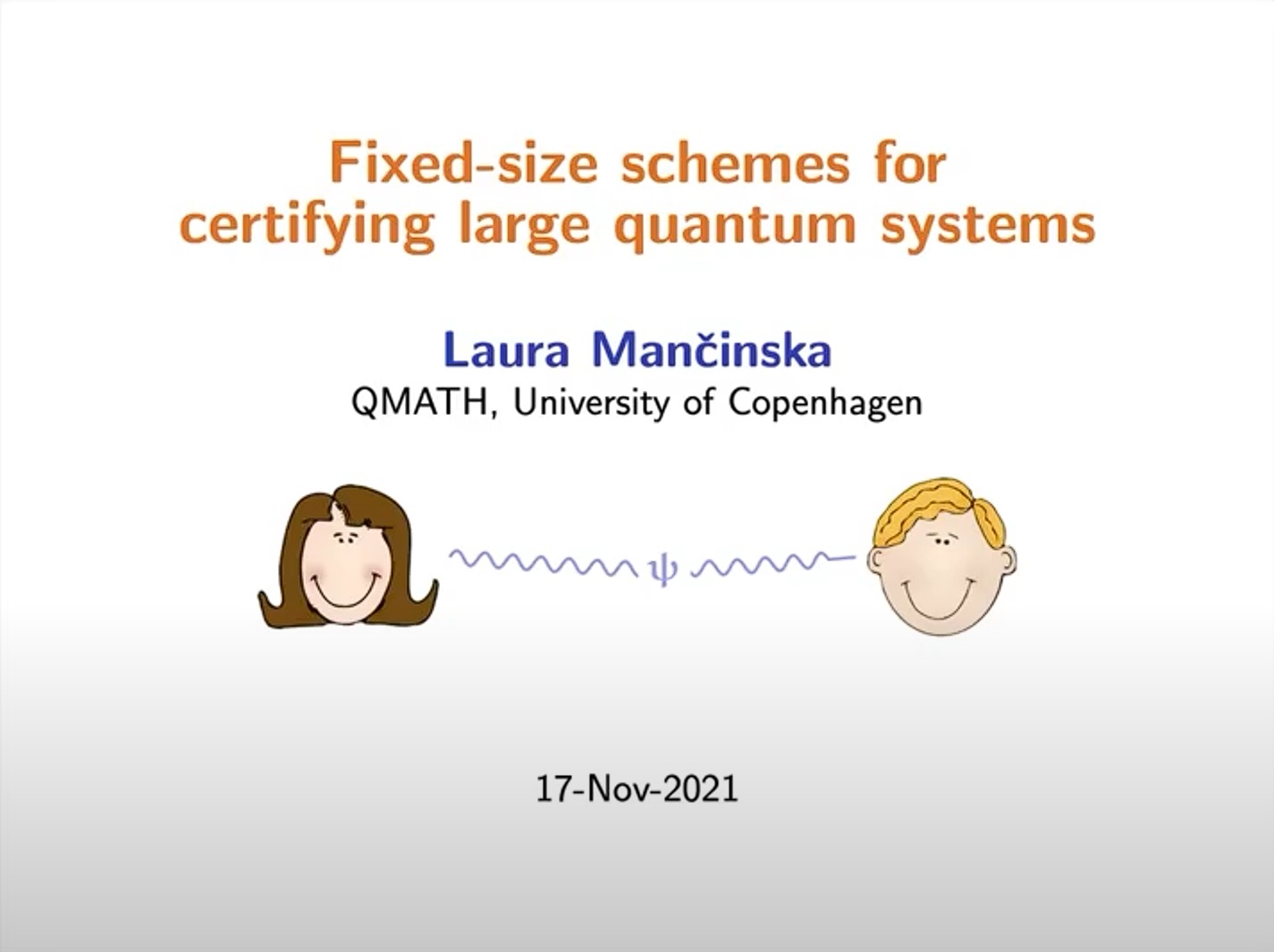
Laura Mancinska (QMATH, Copenhagen): Fixed-size schemes for certification of large quantum systems17-11-2021
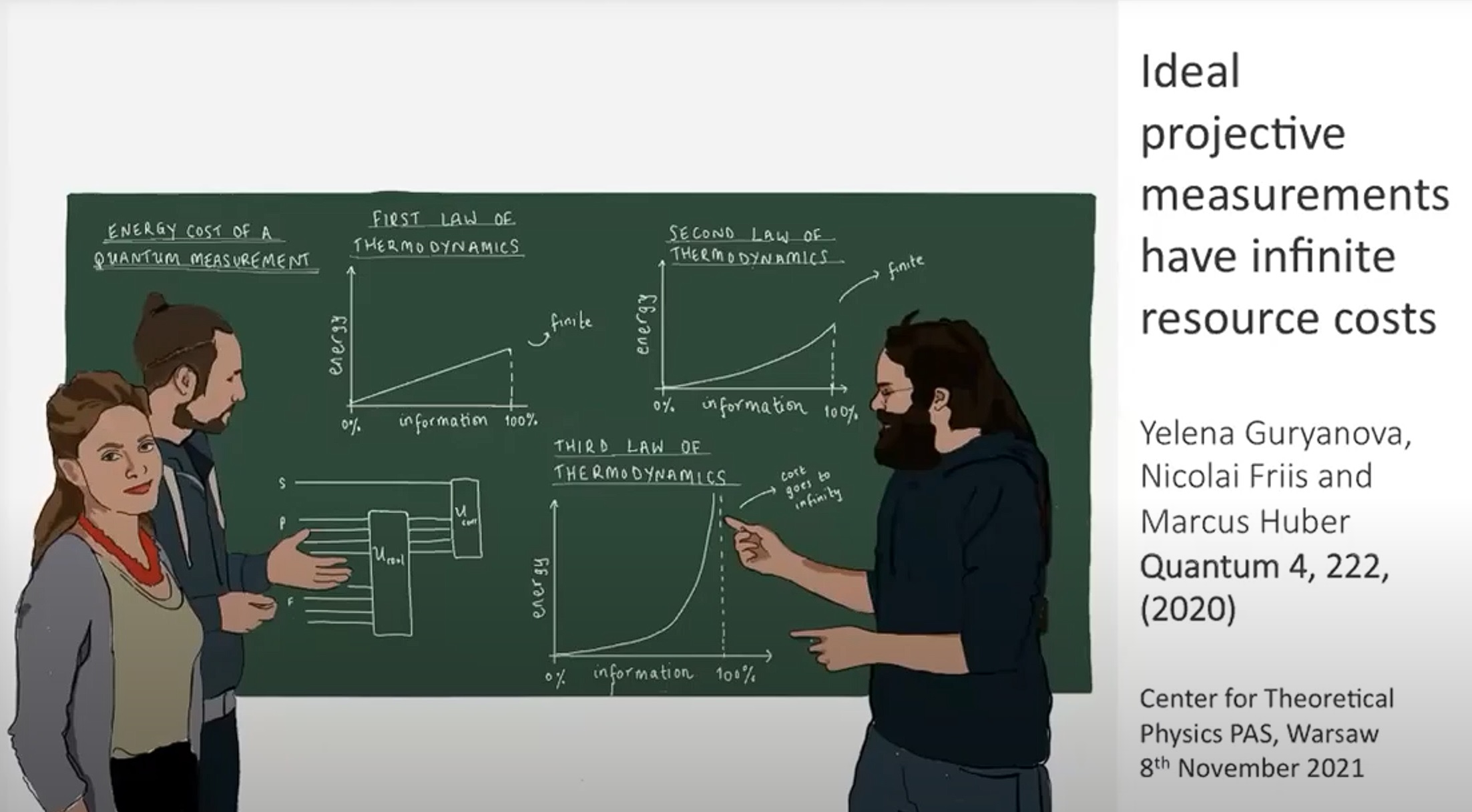
Yelena Guyanova (IQOQI, Vienna): Ideal Projective Measurements Have Infinite Resource Costs10-11-2021
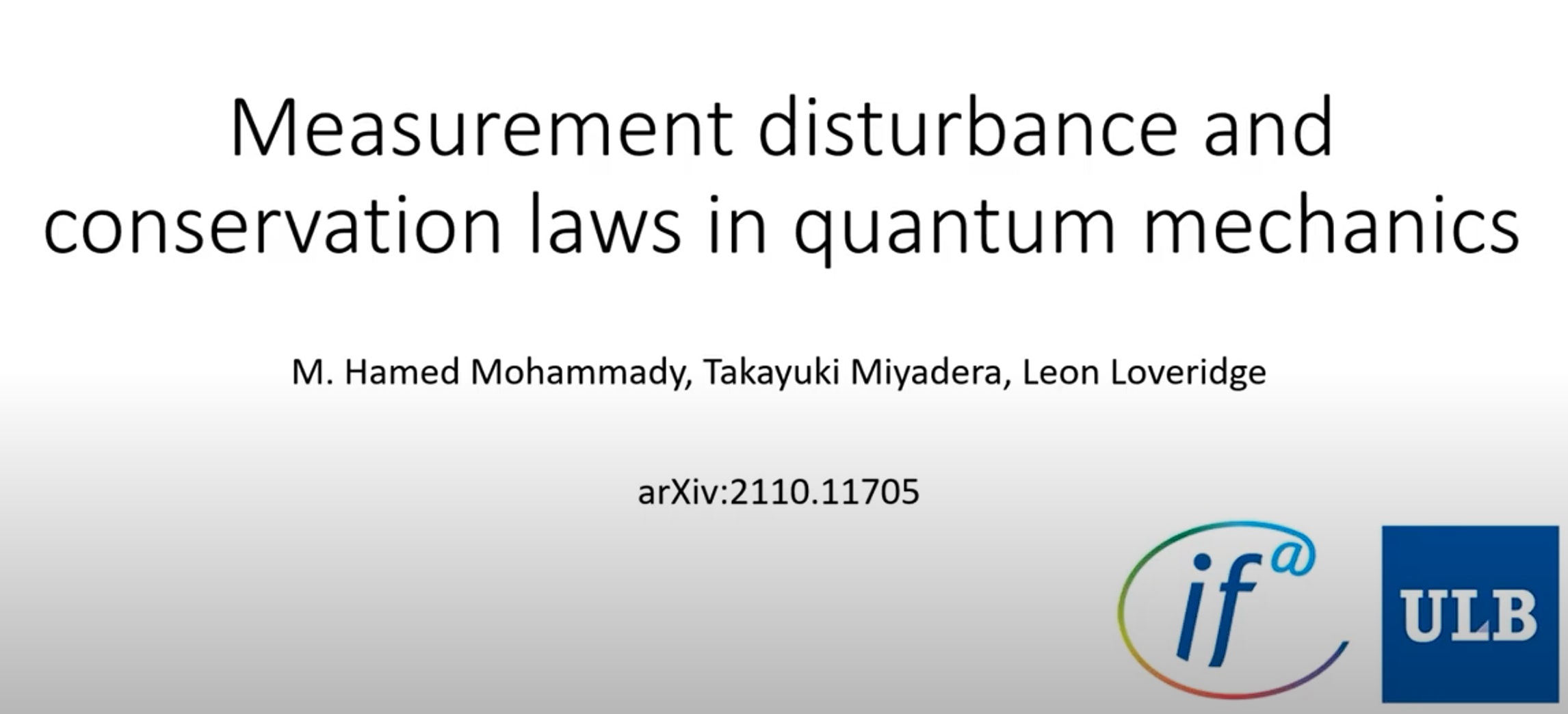
Hamed Mohammady (ULdB): Measurement disturbance and conservation laws in quantum mechanics03-11-2021
